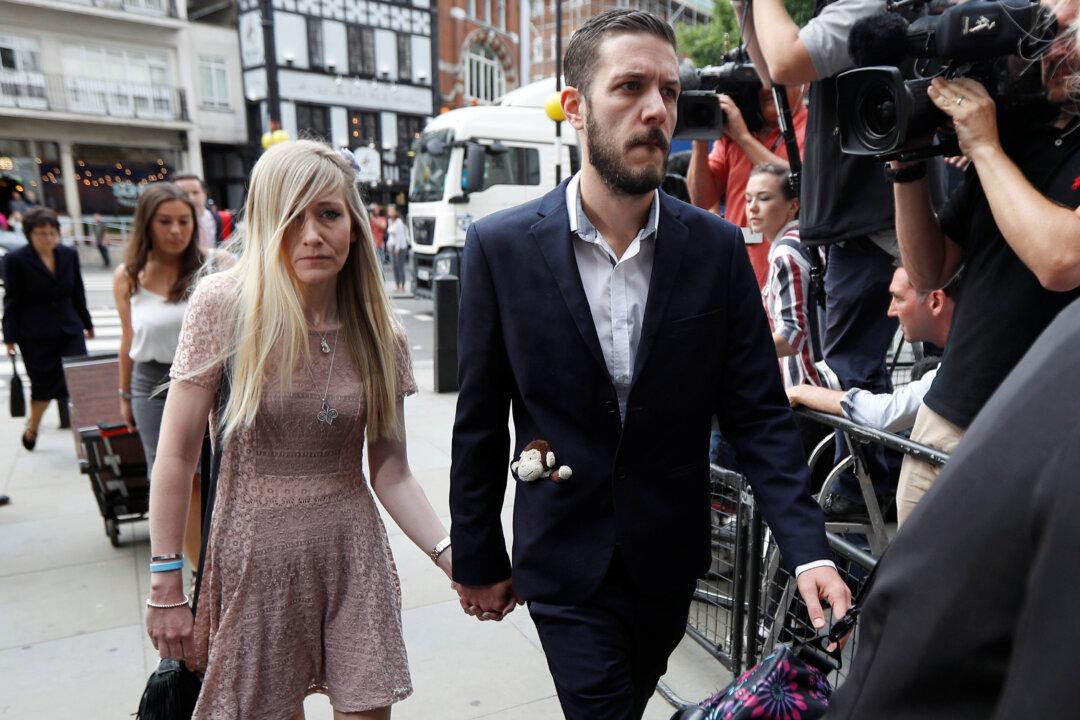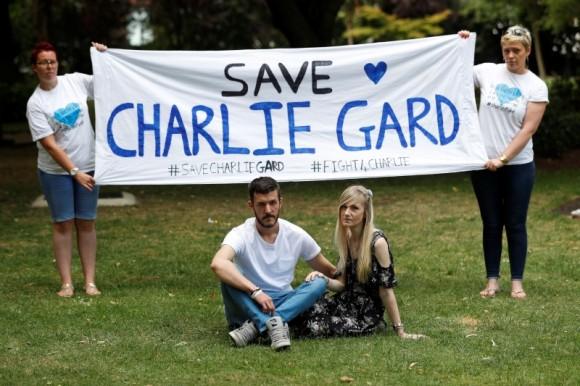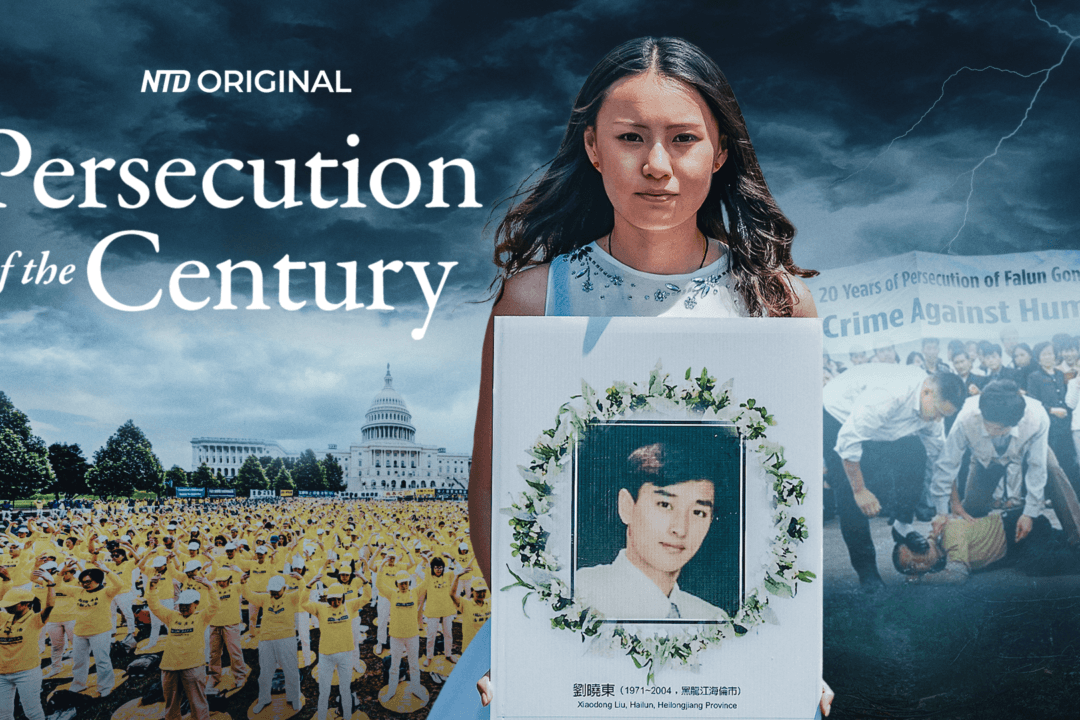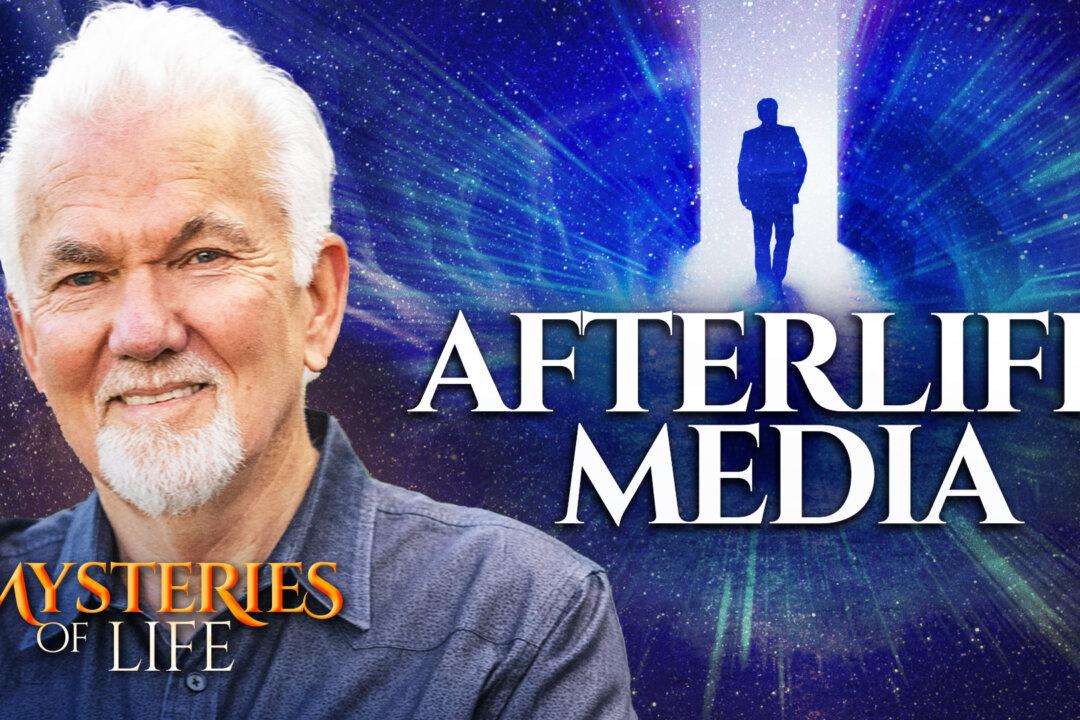After abandoning their legal fight to bring their infant son to the United States for experimental treatment, the mother of British infant Charlie Gard and her lawyer returned to court requesting that Charlie be allowed to die at home.
Charlie’s mother, Connie Yates, and her lawyer came before a High Court judge on Tuesday, July 25, to ask that the objection of the doctors at Great Ormond Street Hospital where Charlie is being taken care of, to home to die be overruled.
The hospital objected to Charlie being taken home on logistical grounds, Justice Nicholas Francis said, and said they suggested hospice instead.
Yates’s lawyer, Grant Armstrong, said the hospital had not yet seen the couple’s apartment to know how suitable it would be for providing end-of-life care, and that they had family in the area who had also offered their homes for Charlie’s care.
The hospital, in a written statement to the judge, said it had yet to see a clear plan from the parents for Charlie’s care and had suggested mediation to resolve the ongoing dispute.
The hospital said the parents did not want mediation.
Yates and her husband, Chris Gard, have been entangled in a five-month legal battle with the doctor over whether they could take their 11-month-old son to the United States to receive experimental treatment.
Charlie was born with a genetic condition called mitochondrial DNA depletion syndrome (MMDS), that affected his RRM2B gene.






